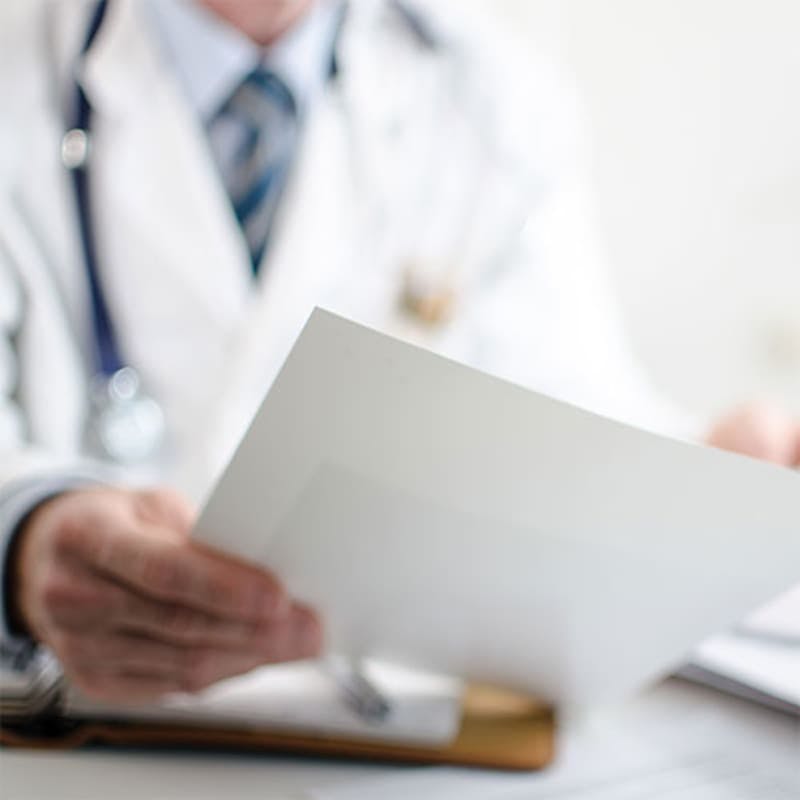Sick notes – also known as fit notes, doctor’s notes, and med3s – can be complicated to navigate.
Thankfully, as well as being experts in weight loss treatments like Mounjaro the Medicspot team also know a lot about Sick Notes and Fit Notes. If you think you need one just book a service with our GP document partner below, and choose the right kind of sick note for your needs.
Please note that a Sick Note or Fit Note is not guaranteed – all applications are assessed on a case by case basis.
